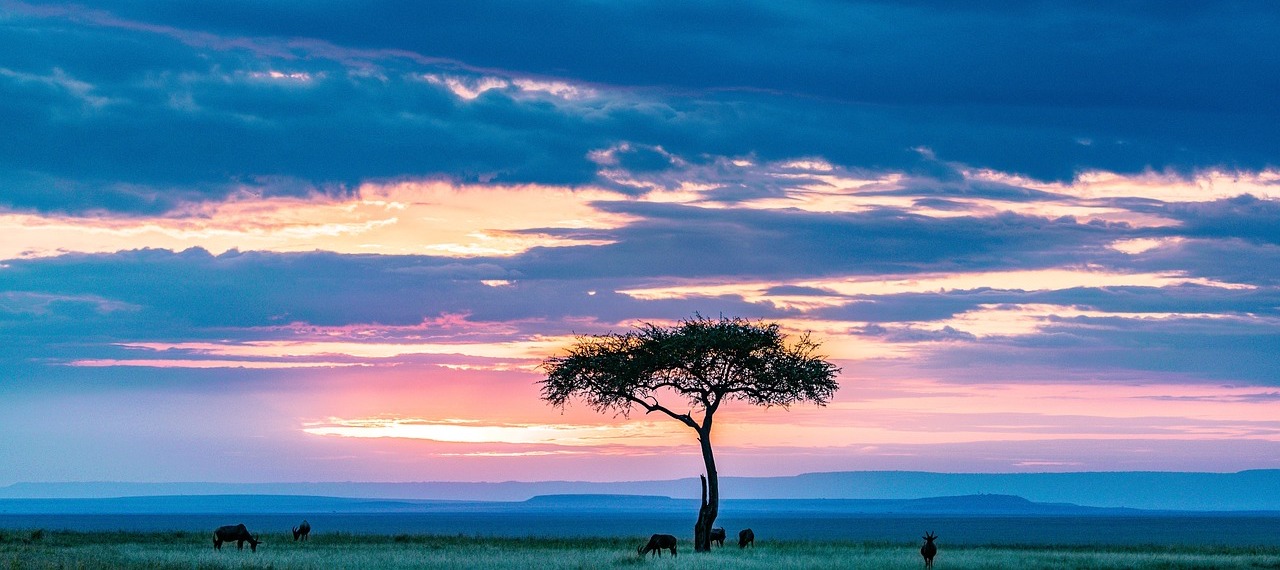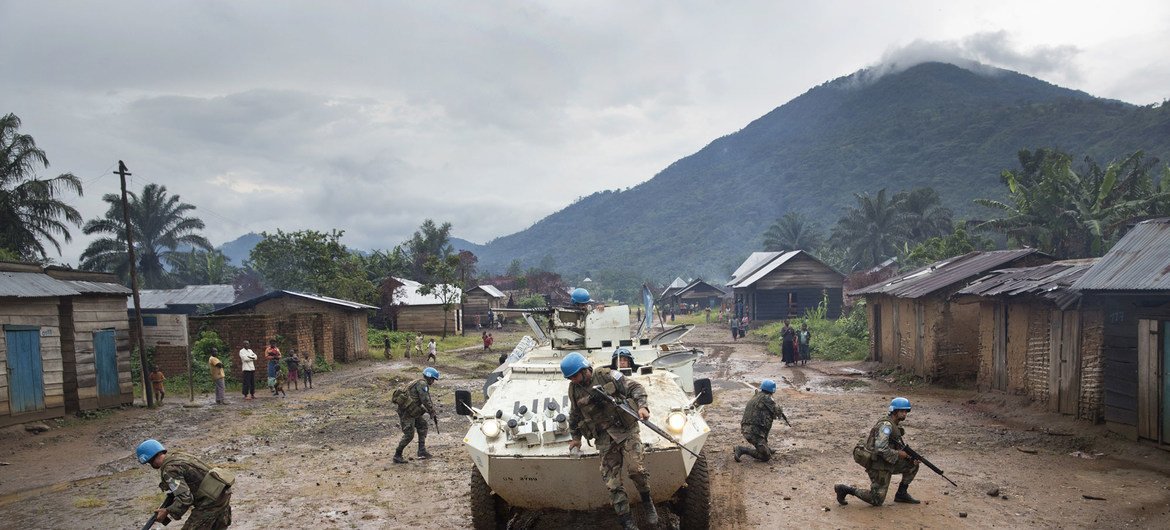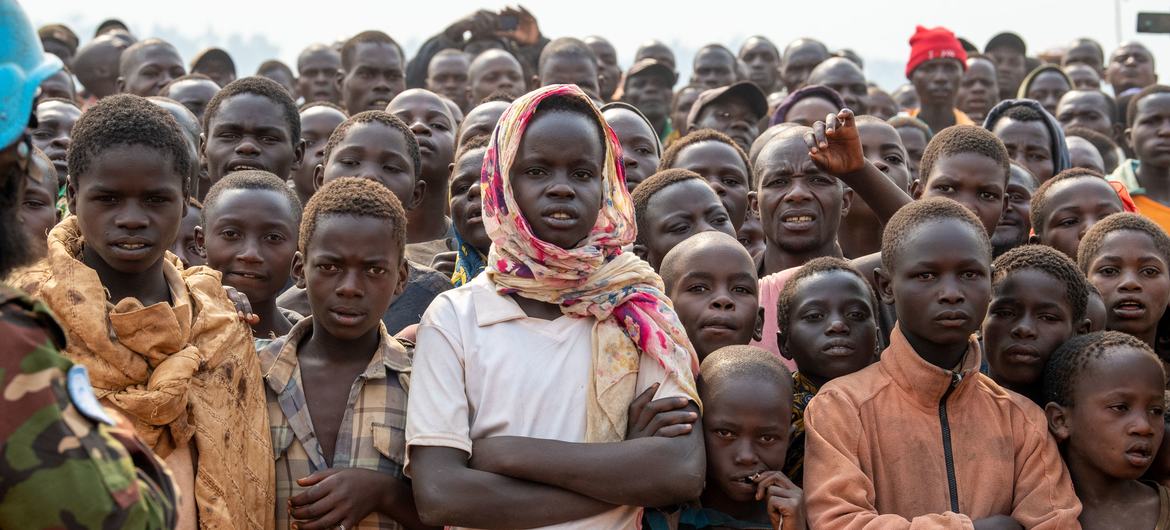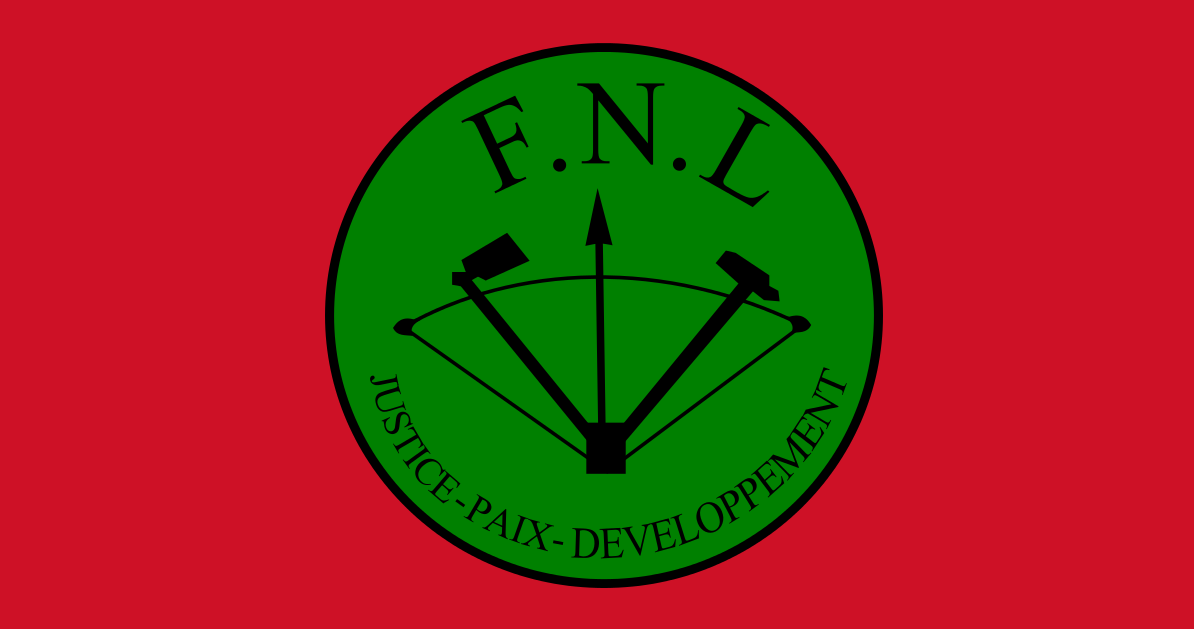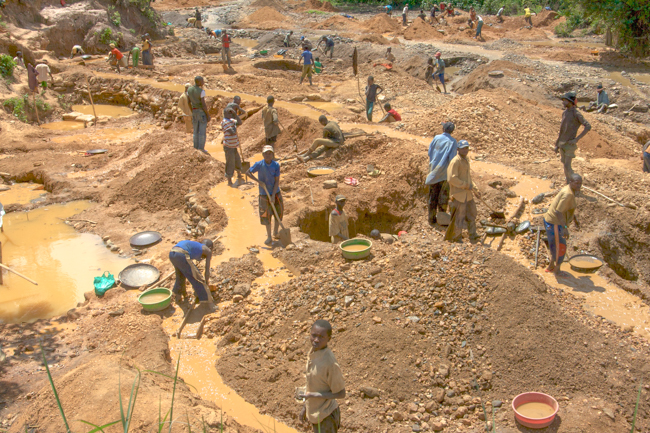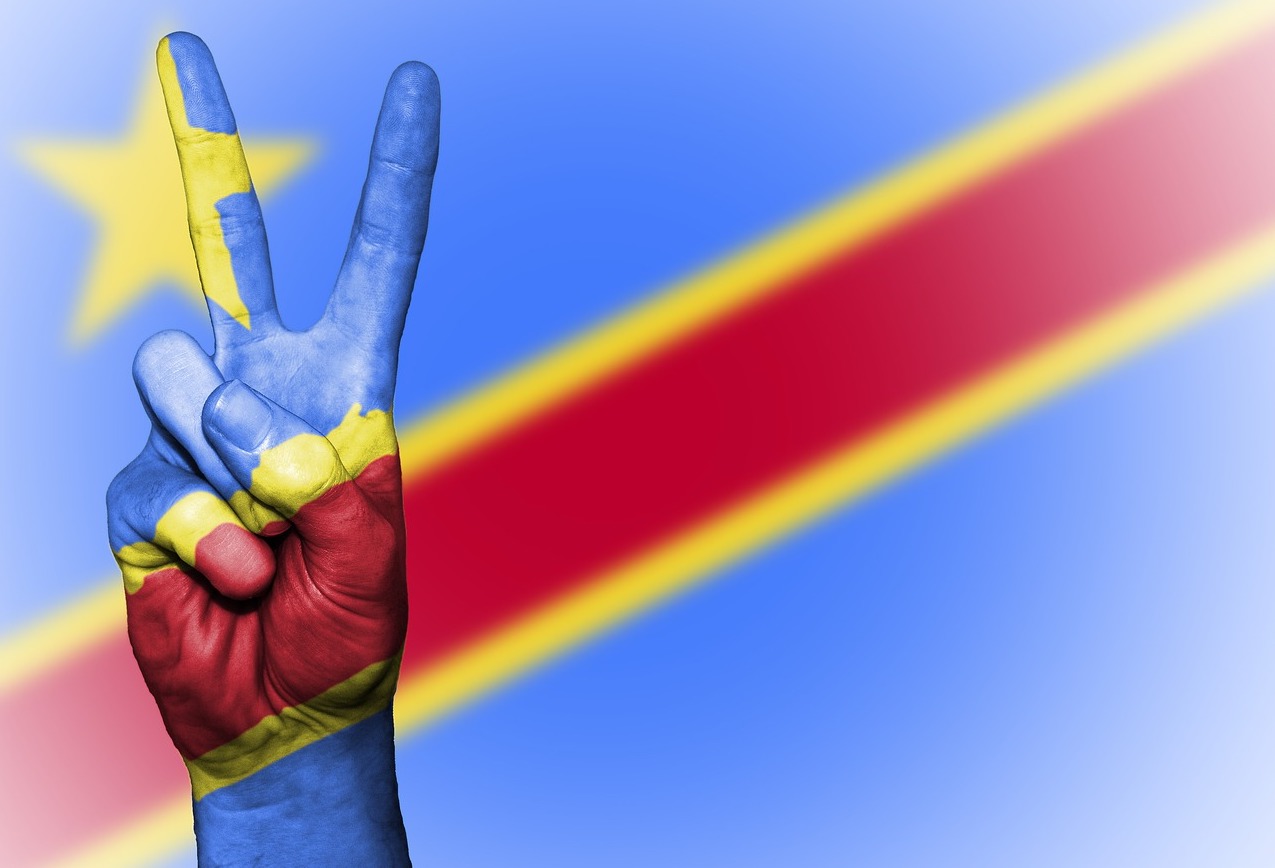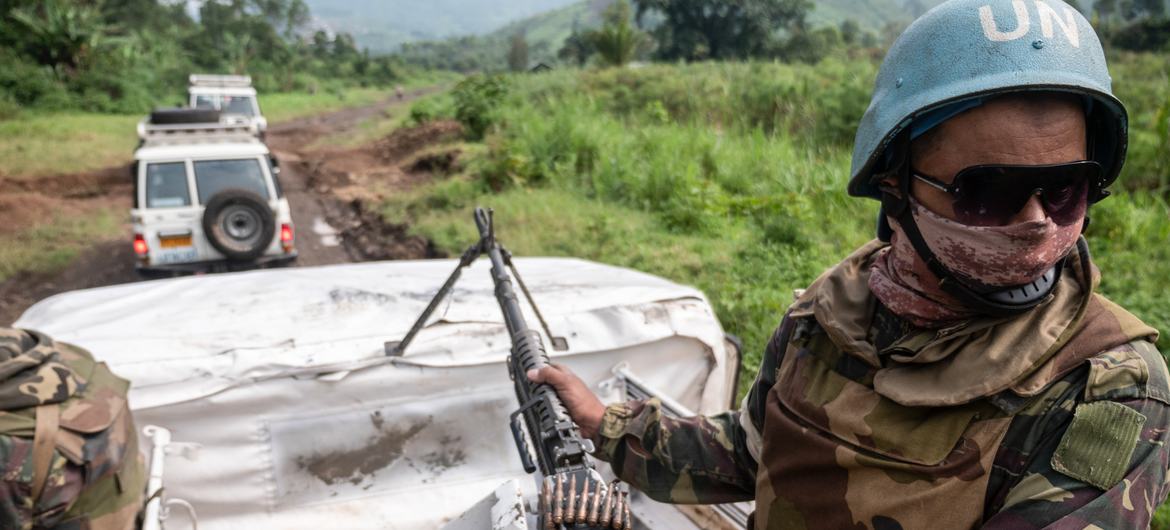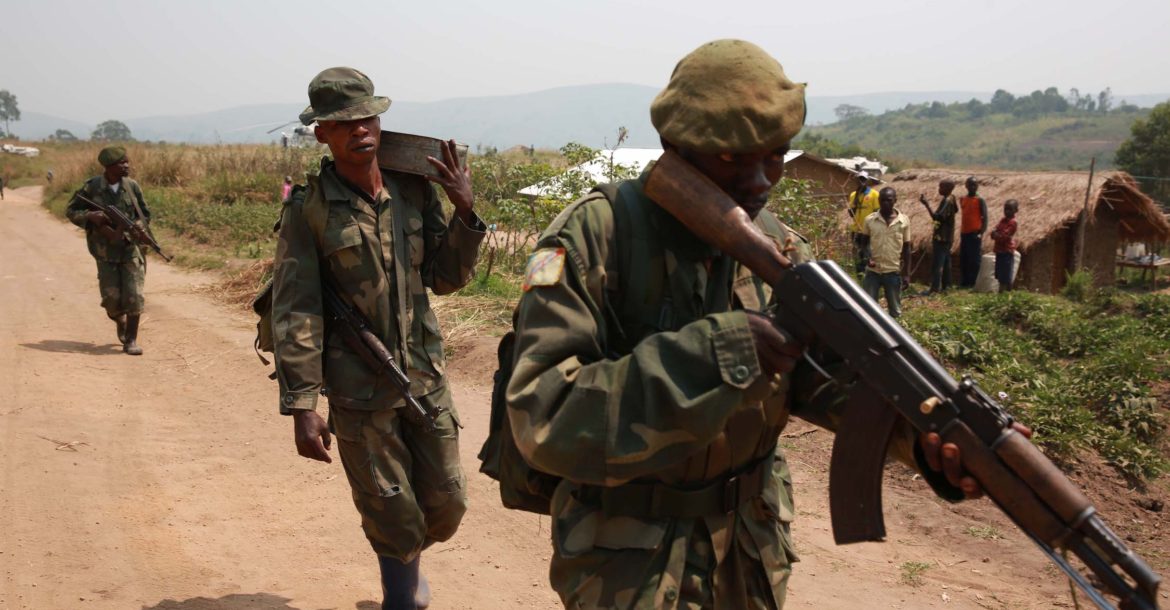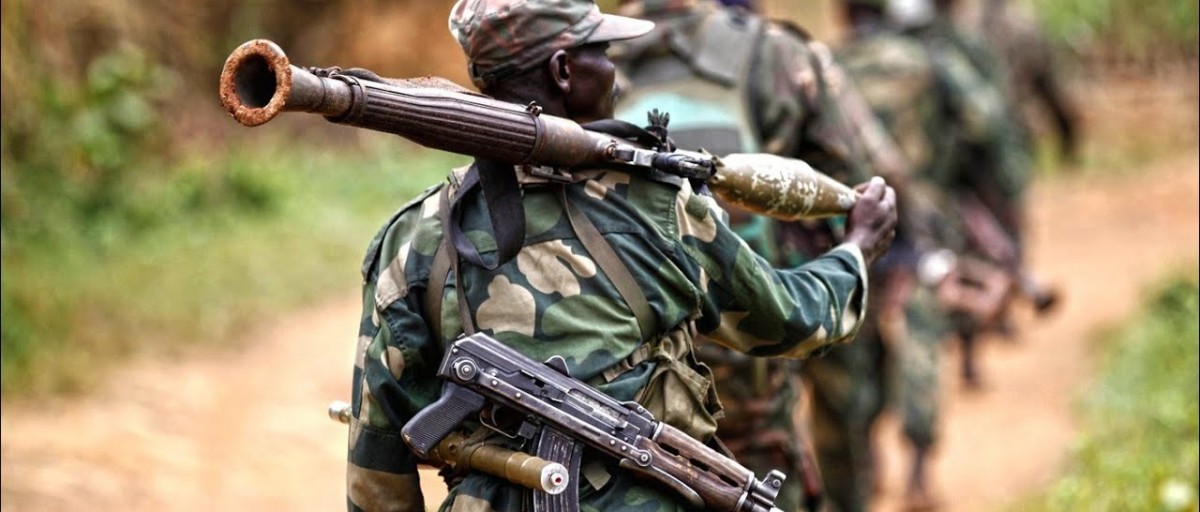Massacres mount in eastern DRC
Fighters from the ISIS-aligned Allied Democratic Forces (ADF) and the CODECO ethnic miitia have each carried out multiple massacres of villagers in Ituri and North Kivu provinces of the eastern Democratic Republic of Congo over the past weeks. The M23 rebel group, said to be backed by Rwanda, has meanwhile captured new territory in North Kivu, further closing the ring around Goma, the largest city in the DRC’s east. Regional tensions rose after Rwanda fired on a Congolese fighter jet, claiming it had breached its airspace. Kinshasa denied the accusation and called the shooting “an act of war.” (Map: CIA)



